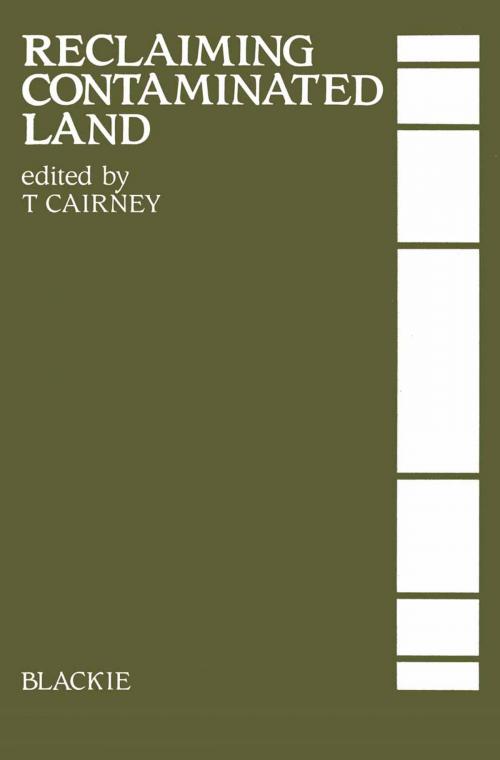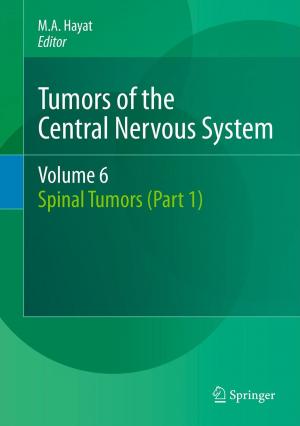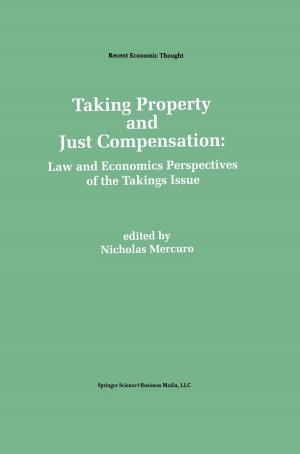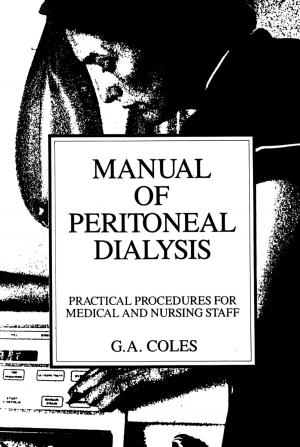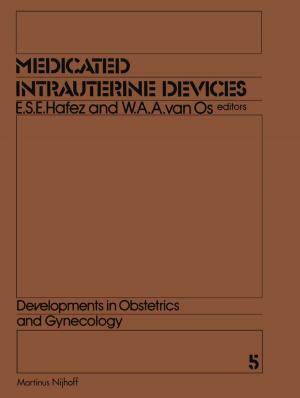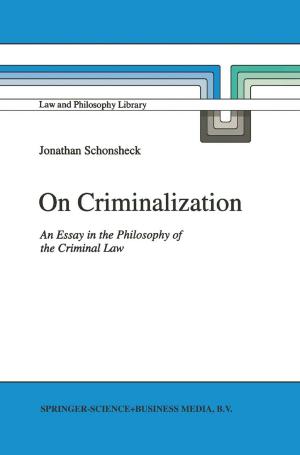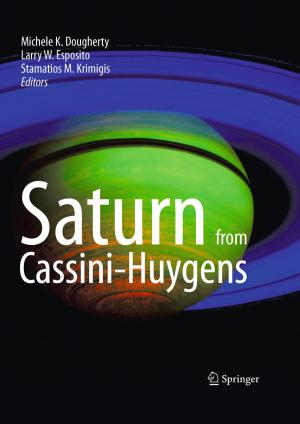Reclaiming Contaminated Land
Kids, Natural World, Nonfiction, Reference & Language, Education & Teaching, Science & Nature, Science| Author: | T. Cairney | ISBN: | 9789401165044 |
| Publisher: | Springer Netherlands | Publication: | December 6, 2012 |
| Imprint: | Springer | Language: | English |
| Author: | T. Cairney |
| ISBN: | 9789401165044 |
| Publisher: | Springer Netherlands |
| Publication: | December 6, 2012 |
| Imprint: | Springer |
| Language: | English |
Chemically contaminated land has only recently been recognized as an immediate or long-term potential hazard, and published guidance on how to tackle such land has been sparse. Indeed much of the available technical work emphasizes the risks and dangers, rather than indicating safe and economical strategies of reclamation. This book provides a comprehensive treatment of the important aspects of land reclamation. Its basic aim is to dispel the myths that have become associated with the subject and to indicate methods and strategies that can be used for safe and economical reclamation. The authors concentrate on the more important facets of reclamation and indicate where advice and information is more or less certain. As in any newly developed field there are still uncertainties and, for this reason, not all the chapters contain equivalent amounts of detail. All the authors have expertise in the field of land reclamation, and differences in emphasis between authors reflect the present state of the subject. Overall, the book emphasizes that contaminated land can be reclaimed safely provided that sufficient attention is paid to detail and that the proposed end use of the land is appropriate and based on a detailed knowledge of the site.
Chemically contaminated land has only recently been recognized as an immediate or long-term potential hazard, and published guidance on how to tackle such land has been sparse. Indeed much of the available technical work emphasizes the risks and dangers, rather than indicating safe and economical strategies of reclamation. This book provides a comprehensive treatment of the important aspects of land reclamation. Its basic aim is to dispel the myths that have become associated with the subject and to indicate methods and strategies that can be used for safe and economical reclamation. The authors concentrate on the more important facets of reclamation and indicate where advice and information is more or less certain. As in any newly developed field there are still uncertainties and, for this reason, not all the chapters contain equivalent amounts of detail. All the authors have expertise in the field of land reclamation, and differences in emphasis between authors reflect the present state of the subject. Overall, the book emphasizes that contaminated land can be reclaimed safely provided that sufficient attention is paid to detail and that the proposed end use of the land is appropriate and based on a detailed knowledge of the site.
